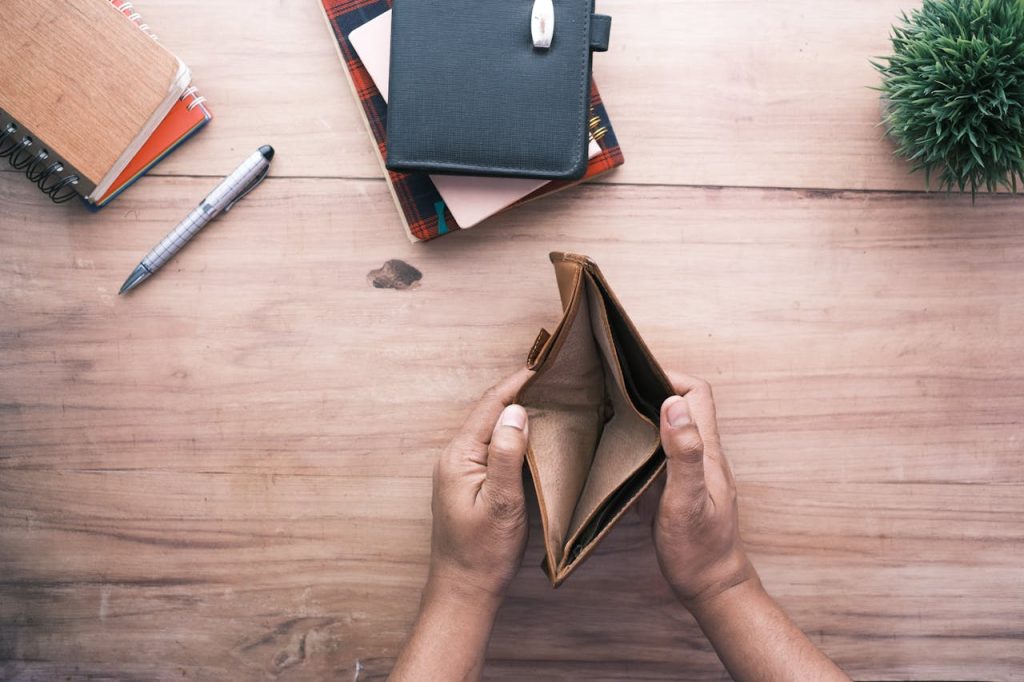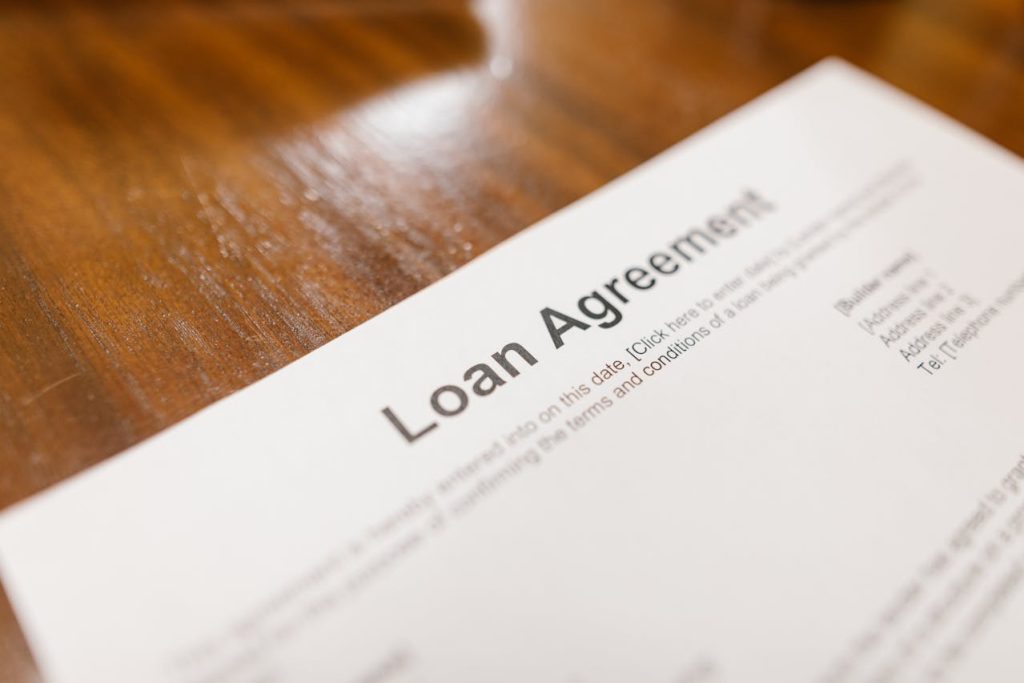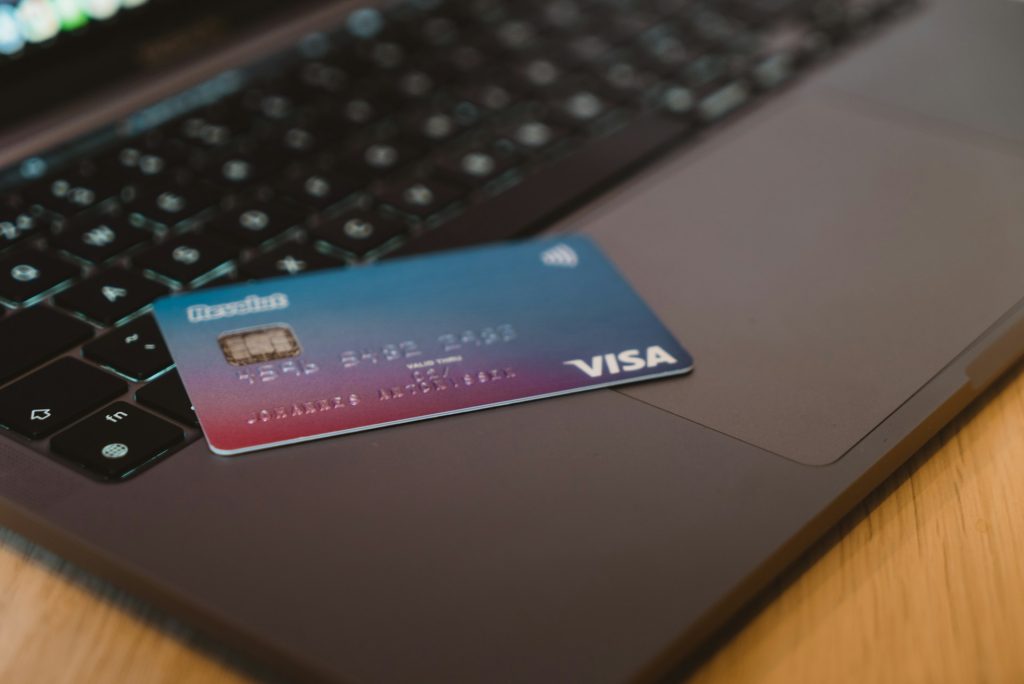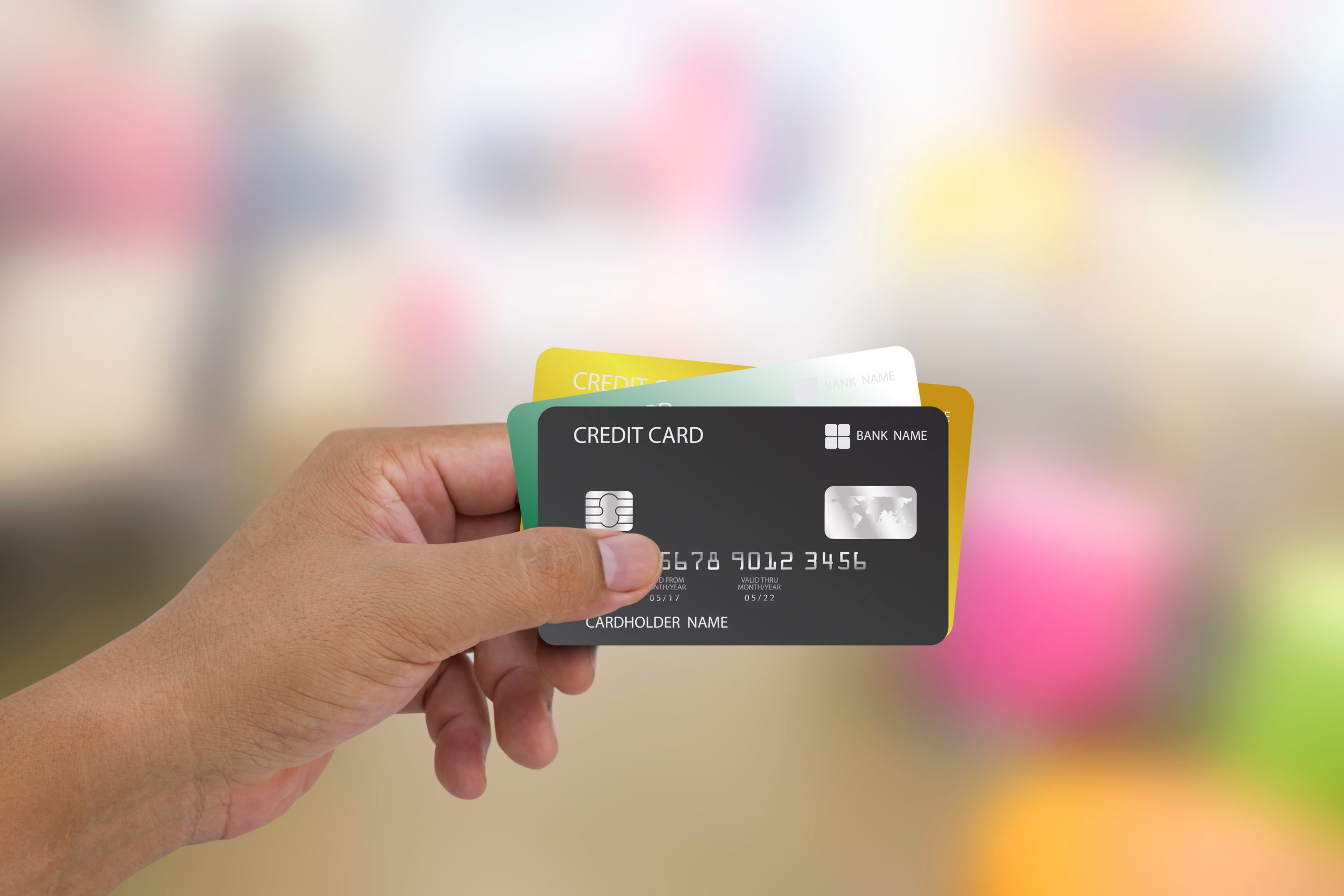
Image Source: pexels.com
If you’ve ever signed up for a “free” financial tool, you’re not alone. From budgeting apps to credit score trackers, these platforms promise to help you manage your money without charging a dime. But there’s a hidden cost: your personal data. Many of these free financial tools make their money by collecting, analyzing, and selling your information to advertisers, lenders, and even data brokers. This practice can put your privacy at risk and influence the offers you see—or don’t see—when it comes to loans, credit cards, and more. Understanding how these tools operate is crucial for anyone who values both their financial health and their personal privacy. Let’s break down eight popular “free” financial tools that may be selling your data to the highest bidder, and what you can do to protect yourself.
1. Budgeting Apps
Budgeting apps are a staple for anyone looking to get their finances in order. They connect to your bank accounts, track your spending, and help you set savings goals. However, many of these apps generate revenue by selling anonymized (and sometimes not-so-anonymized) user data to third parties. This data can include your spending habits, income, and even the stores you frequent. Before you sign up, read the privacy policy carefully and look for any mention of data sharing or selling. If you’re uncomfortable, consider using a spreadsheet or a paid app with a clear no-data-sale policy.
2. Free Credit Score Services
Free credit score services are everywhere, promising instant access to your credit score and report. While these tools are convenient, they often make money by selling your data to lenders and marketers. Your credit profile is valuable, and companies use it to target you with specific loan or credit card offers. Some services even share your information with partners who may contact you directly.
3. Investment Tracking Platforms
Investment tracking platforms let you monitor your portfolio, analyze performance, and get personalized advice—all for free. But there’s a catch: these platforms often collect detailed information about your holdings, transactions, and financial goals. This data is then packaged and sold to financial institutions, hedge funds, or advertisers looking to target high-net-worth individuals. If you use these tools, limit the amount of personal information you provide and opt out of data sharing when possible.
4. Tax Preparation Software
Many tax preparation tools offer a free version to attract users, but they may also collect and sell your financial data. This can include your income, deductions, and even your Social Security number. Some companies use this information to market loans, credit cards, or other financial products to you. Always review the privacy policy and consider whether the convenience of a free tool is worth the potential loss of privacy. For more on how tax software handles your data, check out this Consumer Reports investigation.
5. Personal Finance Aggregators
Personal finance aggregators combine all your accounts—banking, credit cards, investments—into one dashboard. While this is convenient, you’re also handing over a treasure trove of financial data. These platforms often sell aggregated user data to advertisers and financial service providers. If you use an aggregator, choose one with strong encryption and transparent data practices, and regularly review your account permissions.
6. Free Tax Refund Calculators
Tax refund calculators are a popular way to estimate your refund before filing. However, many of these tools collect your income, filing status, and other sensitive details, which can then be sold to marketers or used to target you with financial products. If you want to keep your data private, use calculators provided by reputable organizations or stick to offline methods.
7. Loan Comparison Sites
Loan comparison sites help you find the best personal, mortgage, or auto loan rates. To provide personalized offers, they often ask for detailed financial information. What many users don’t realize is that these sites may sell your data to lenders, brokers, or even data brokers who resell it further. This can lead to unwanted calls, emails, and targeted ads. Always check the site’s privacy policy and consider using anonymous browsing or burner email addresses.
8. Free Financial Planning Tools
Free financial planning tools offer calculators, retirement projections, and personalized advice. In exchange, they collect data about your income, assets, debts, and goals. This information is valuable to advertisers and financial service providers, who may use it to target you with specific products. If you value your privacy, look for tools that clearly state they do not sell user data, or consider working with a fee-only financial planner.
Protecting Your Financial Privacy in a Data-Driven World
The convenience of free financial tools is undeniable, but the hidden cost—your personal data—can have long-term consequences. Before signing up for any “free” financial tool, take the time to read the privacy policy, understand how your data will be used, and explore alternatives that prioritize your privacy. Remember, when a product is free, you are often the product. By staying informed and vigilant, you can enjoy the benefits of technology without sacrificing your financial privacy.
Have you ever been surprised by how much a “free” financial tool knew about you? Share your experiences or tips in the comments below!
Read More
How Surveillance Technology is Changing the Face of Finance
Understanding Alternative Investments

Travis Campbell is a digital marketer/developer with over 10 years of experience and a writer for over 6 years. He holds a degree in E-commerce and likes to share life advice he’s learned over the years. Travis loves spending time on the golf course or at the gym when he’s not working.










